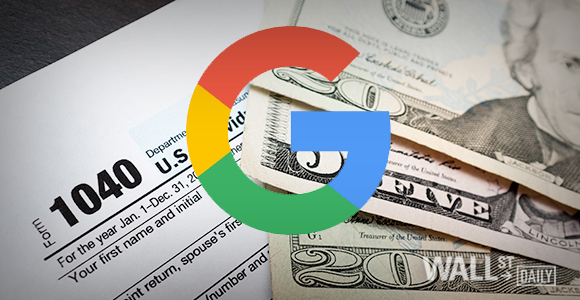
Governments have been getting tougher on the use of corporate tax havens.
Britain recently reached a $200 million deal with Alphabet Inc. (GOOGL) – better known as Google – for back taxes. French Finance Minister Michel Sapin also said Google would pay “way more” to France.
Yet when you look at U.S. figures, the share of corporate income taxes paid in the U.S. has declined steadily and is now at little more than half the level from the 1950s.
In short, all the money is disappearing down rabbit holes.
Indeed, the trend in corporate tax payments is very clear – and startling.
Corporate tax payments averaged 46% of profits in the 1950s, according to the Bureau of Economic Analysis. But in the five years from 2010-14, the same payments averaged only 22% of profits.
In terms of GDP, which is more relevant – especially when looking at corporations’ contribution to government – corporate tax payments have declined from 5.1% of GDP to 2.7% over the same period.
The Problem With Tax Havens
Many economists will tell you that corporate taxes are paid by customers and suppliers, and should therefore be eliminated altogether. Needless to say, corporations pay most of those economists’ wages, either directly or indirectly.
Even if you eliminate the corporate tax, the money would have to come from somewhere, and the rich would find other ways of dodging the burden. In the end, it would end up increasing the tax burdens on the middle class.
Conversely, increasing the corporate tax burden back towards its 1950s level would help eliminate the U.S. federal budget deficit – a huge problem at current levels – as we shall find out, once the 2016 election is over.
Other countries are worried about the same trend, which is why France and Britain are going after Alphabet.
These days, corporations have many ways of hiding income in tax havens, notably by registering their intellectual property there. (How many great new inventions actually get made in the Cayman Islands?)












Leave A Comment